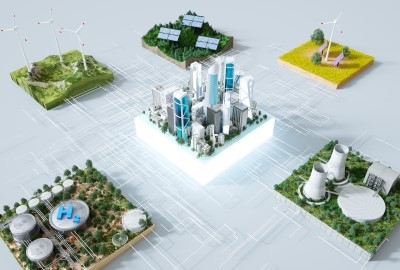The case for hydrogen in aviation
The aerospace industry is working hard to find ways to cut carbon emissions, primarily through the design and the development of new aircraft and methods of propulsion. Airports will need to get hydrogen ready now to help the industry meet its net zero targets, experts state in Airport World.

The point the experts make is that the use of hydrogen makes sense for the aviation industry. While rapid progress continues in the development of sustainable aviation fuel (SAF) and battery-electric propulsion, hydrogen is also being explored as a potential zero carbon-emission fuel of the future. “Indeed, research into the use of hydrogen continues to gain momentum, with projects such as the Aerospace Technology Institute’s FlyZero programme in the UK and the Airbus ZEROe initiative demonstrating realistic feasibility”, Airport World analyses.
As such, commercial aircraft powered by liquid hydrogen are expected by the mid-2030s, with smaller gaseous hydrogen-electric fuel cell aircraft potentially in operation within the next few years.
Airports should prepare for a future in which not only SAF will be utilised to power aircraft: “In the future, multiple complementary technologies and fuels will likely be operated in parallel at most airports. However, without knowing if or when new aircraft will be introduced, airport owners face the challenge of preparing for multiple and uncertain future scenarios.”


